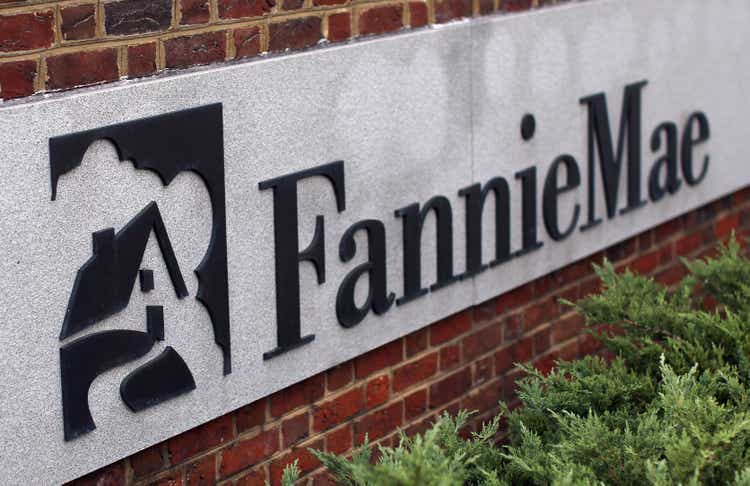The Moneyist
‘I’m 84 and widowed. My daughter is the beneficiary of my IRA and the successor trustee for my revocable living trust’
Last Updated: July 7, 2025 at 5:37 a.m. ET
First Published: July 6, 2025 at 9:00 a.m. ET
Dear Quentin,
I’m 84 and widowed. My daughter is the beneficiary of my IRA and the successor trustee for my revocable living trust. She’s in a shaky marriage that could soon end in divorce. How can I prevent her soon-to-be ex-husband from claiming part of her inherited IRA and assets in the trust?
Aging Father
Related: ‘I’m afraid to ask her’: My stepmother won’t show me my father’s will. What now?
Dear Father,
Expect the best. They may stay together and live happily ever after. But prepare for the worst.
If their marriage is on shaky ground, chances are they’re headed for divorce court. Unfortunately, as much as we would all like to maintain peace and harmony in our lives, splitting assets is never easy and can lead to a lot of painful negotiation.
For that reason, you are smart to think ahead. You’ve worked hard for your retirement savings and other assets, and I can understand that you would not like them to be divided 50/50 between your daughter and her husband (should they split).
Inheritance, as regular readers of this column will know, is generally considered separate (not marital) property. Unless your daughter decided to commingle inherited funds in a joint account with her husband, they would remain separate in the event they divorced.
Those tax implications will vary, all depending on the type of account she inherits. “The IRA balance must be emptied within 10 years; this distribution period begins the year after the original account owner’s death,” U.S. Bank USB says.
Required minimum distributions
If you were already taking RMDs, your daughter must also take a minimum distribution each year, beginning the year after your death, it adds, but RMDs are not required annually if you were not subject to distributions before your passing away.
There are exceptions to the 10-year rule for non-spouse beneficiaries, it adds. They include minor children of the original account holder, a chronically ill or disabled beneficiary, or a beneficiary who is no more than 10 years younger than the original account owner.
“Non-spouse beneficiaries can open and transfer funds into an inherited IRA, take a lump-sum withdrawal or turn down the inheritance,” the bank adds. “Spouse beneficiaries can roll the funds into an existing IRA account or open a new account.”
Different types of trusts
A revocable trust that becomes irrevocable upon your death would ensure that your funds were only accessed by the beneficiary — your daughter in this case (and not her husband). It would also protect those assets from creditors.
“To maximize protection, the trust can be structured as a discretionary trust, where the trustee has complete discretion over distributions,” according to Selzer Gurvitch, a law firm based in Bethesda, Md.
“This type of trust can ensure that assets are not considered marital property in the event of a divorce,” it says. “Another option is a spendthrift trust, which prevents creditors, including a divorcing spouse, from accessing the trust assets.”
“Protecting your children’s inheritance from the potential complications of divorce is an important aspect of estate planning,” it adds. “Trusts, prenuptial agreements, careful asset titling, and gifting strategies all play a role in ensuring that your hard-earned wealth remains in the family.”
I hope your daughter lives happily ever after, no matter what she chooses.
You can email The Moneyist with any financial and ethical questions at qfottrell@marketwatch.com, and follow Quentin Fottrell on X, the platform formerly known as Twitter.
The Moneyist regrets he cannot reply to questions individually.
More columns from Quentin Fottrell:
Check out The Moneyist’s private Facebook group, where members help answer life’s thorniest money issues. Post your questions, or weigh in on the latest Moneyist columns.
By emailing your questions to The Moneyist or posting your dilemmas on The Moneyist Facebook group, you agree to have them published anonymously on MarketWatch.
By submitting your story to Dow Jones & Co., the publisher of MarketWatch, you understand and agree that we may use your story, or versions of it, in all media and platforms, including via third parties.
.png)
 8 hours ago
2
8 hours ago
2











 English (US) ·
English (US) ·